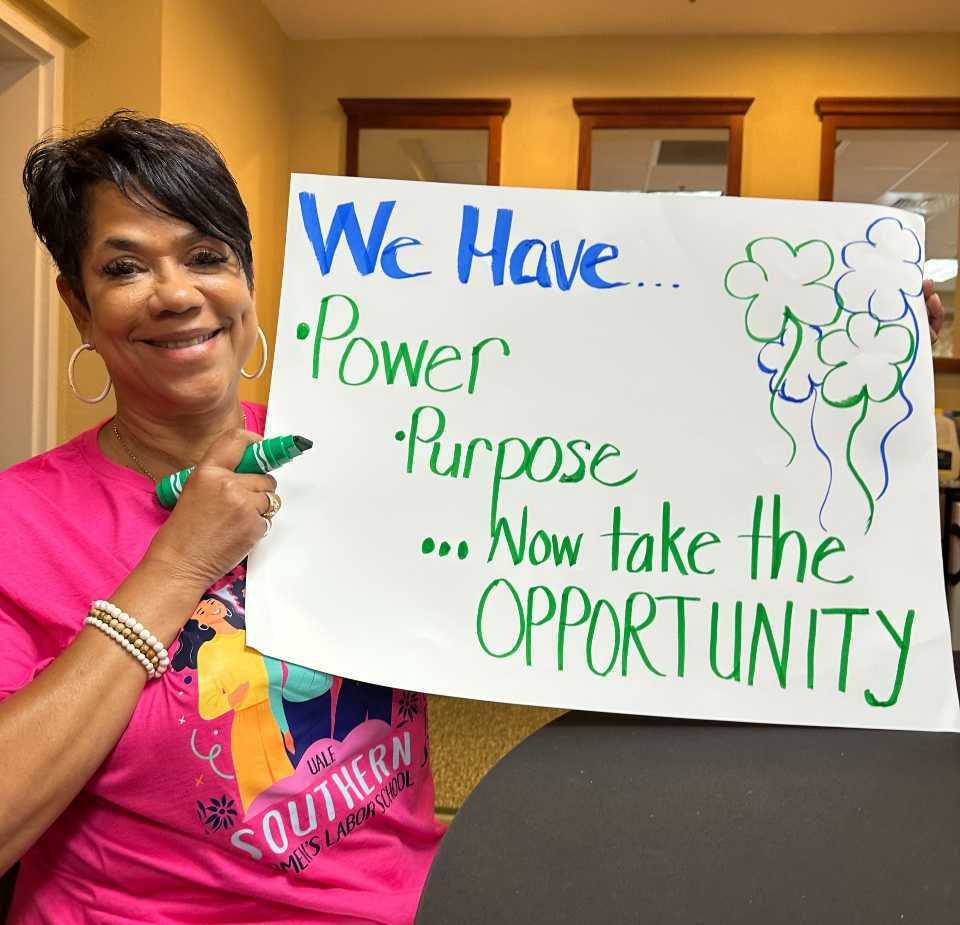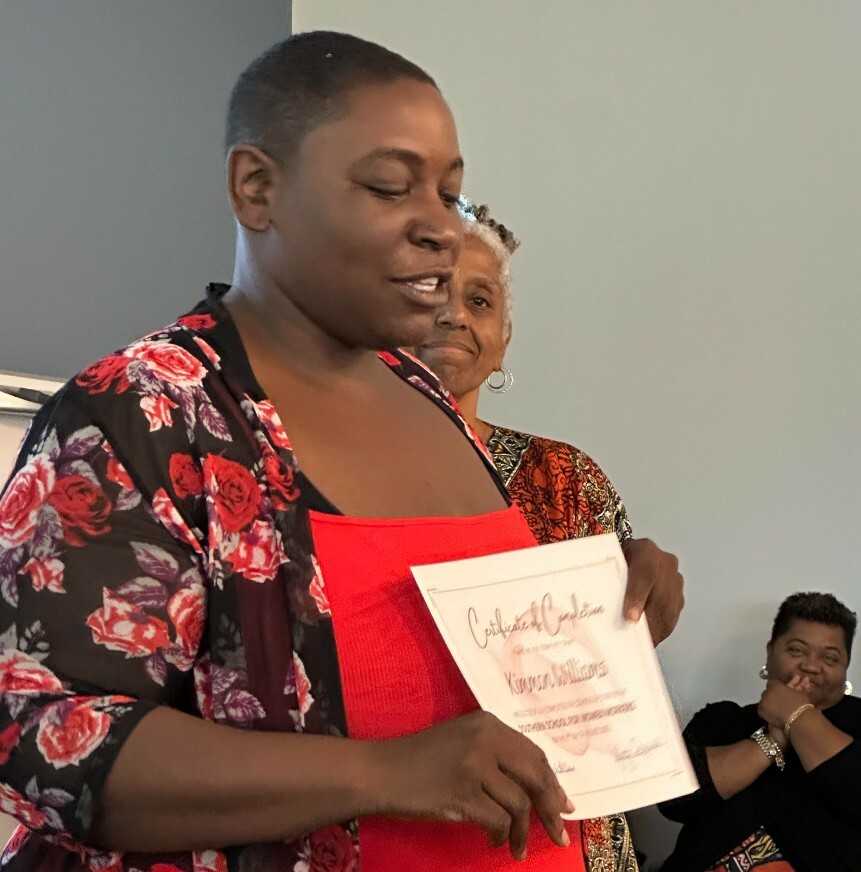
Across the country, working people are fighting for their lives. Not just on the job, but in the classroom, at the ballot box, and in their communities. And yet too often, when we talk about labor rights and civil rights, we act like they’re separate struggles.
They’re not.
But let’s step even further back. We act like civil rights are a historical idea, and not a constant struggle to ensure people have dignity. By definition, civil rights are: “ the rights of citizens to political and social freedom and equality.”
So, simply put, labor education cannot be separated from civil rights work. They have always been intrinsically linked. And if the labor movement is serious about organizing workers across class, rebuilding trust from workers in the South, and preparing for the fights ahead, then we need to treat education – not just organizing – as a core strategy.
Because here’s the truth: the right wing already does.
The same forces that are censoring Black history from schools are pouring money into anti-union propaganda. They’re flooding workplaces with fear and disinformation. They’re making it harder to vote, harder to learn, and harder to trust anyone who tells the truth about what’s possible. They know that power begins in consciousness. And they’re working overtime to shape it.
If labor doesn’t respond with the same urgency . . . if we don’t invest in the kind of political education that builds identity, analysis, and long-term vision; then we are ceding ground we cannot afford to lose.
Labor education can be transformational. Knowledge can sharpen organizing instincts, shift narrative power, and deepen people’s sense of purpose. I’ve also seen the gaps: the members who get left out of decision-making because they were never taught how their union works. The Black workers who’ve never heard their own history told. The younger activists who want to fight but don’t know who came before them.
We cannot organize our way out of this moment without also teaching people what they’re part of.
Labor education is not a workshop or a webinar. It’s not just steward training or contract classes. It’s how people learn to see themselves as actors in history. It’s how someone who’s been told their whole life to keep their head down, start to lift it. It’s the difference between seeing a union as a service and understanding it as a site of struggle.
Instead, what too often gets passed off as “education” inside unions is compliance-oriented, crisis-driven, or PR-safe. It’s messaging training without context. It’s DEI workshops without movement history. It’s orientation that tells people how the union works, but not why it matters.
We have to do better.
During Reconstruction, newly freed Black people built thousands of schools before they built anything else because they knew knowledge was power. In the Jim Crow South, institutions like the Highlander Folk School and the Citizenship Schools taught everyday people how to read, how to vote, and how to organize. Ella Baker, Septima Clark, and Myles Horton didn’t separate civil rights from labor rights; they trained people to fight for both.
 That means investing in leadership schools, cultural programs, intergenerational learning, and base-building curriculum. It means teaching Black labor history year-round. It means training facilitators who know how to hold space, not just deliver slides.
That means investing in leadership schools, cultural programs, intergenerational learning, and base-building curriculum. It means teaching Black labor history year-round. It means training facilitators who know how to hold space, not just deliver slides.
Thank goodness for the UALE’s Union Women’s Summer Schools.
A long weekend where nearly 60 women came together to learn and commune, and left as a family. Truly. The Southern School, which just occurred over a long weekend in Charleston, S.C., is an experience that is worthy. A long weekend, where women across the South came to learn labor history, leadership techniques, sing songs, and just be in a place where they could be themselves and that could be enough. Because as one participant confided in me, being around other working women from different places is humbling, but necessary.
If we want a labor movement that can survive and grow, that can win elections and change lives, that can speak to the real needs of working people, we need to get back to basics. Not just the ABCs of bargaining, but the politics of possibility. Not just how to file a grievance, but how to reclaim power in a system built to deny it.
Because the classroom is a battlefield. Because disinformation is strategic. Because the right to learn, to teach, and to organize has always been part of the same fight.
Labor education is civil rights work. And we need to say clearly: labor education is not a luxury. It’s liberation.
Kimmon “MacGyver” Williams serves as Treasurer for the Labor Heritage Foundation. Photo: Atlanta Labor Council president Sandra Lee Williams; photo by Hetty Scofield.